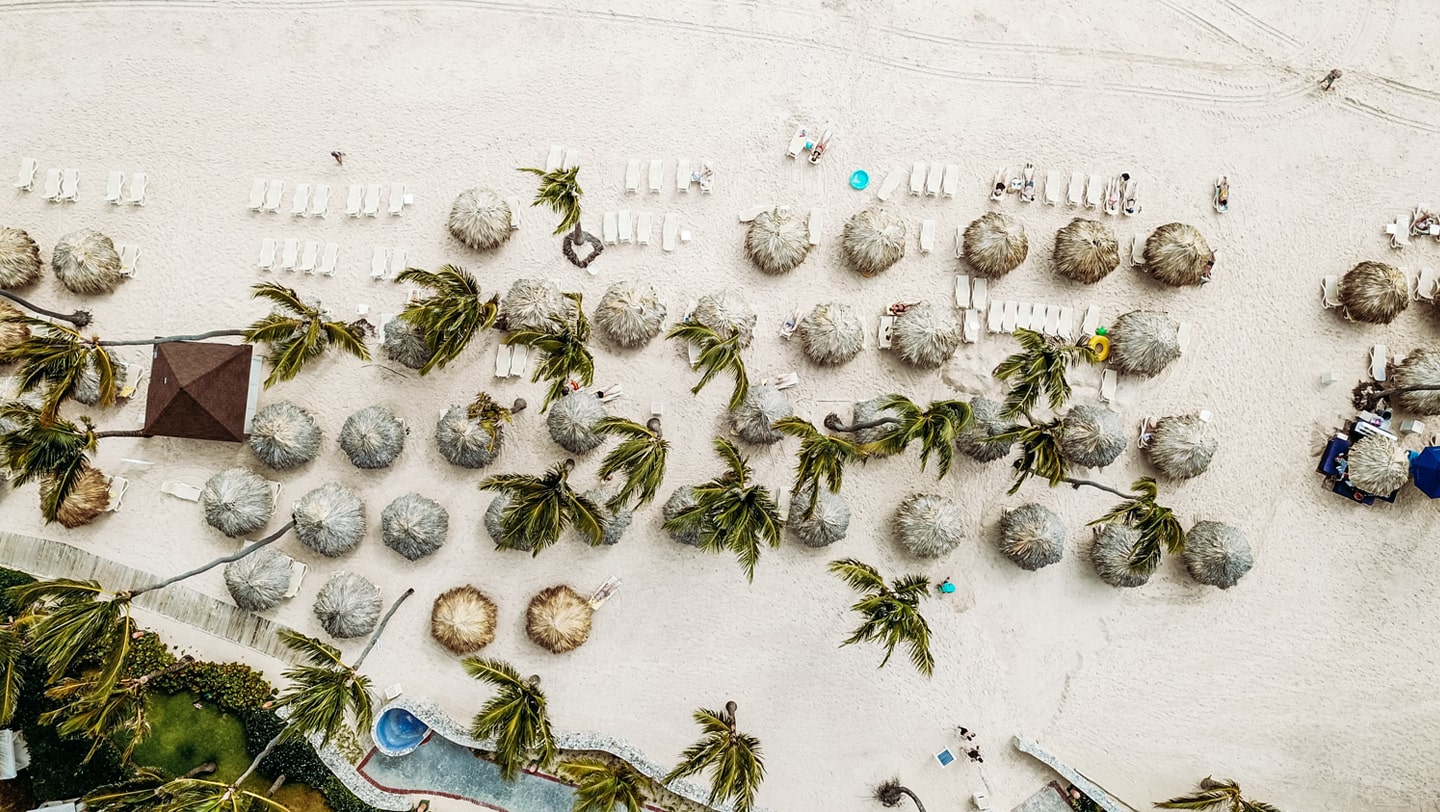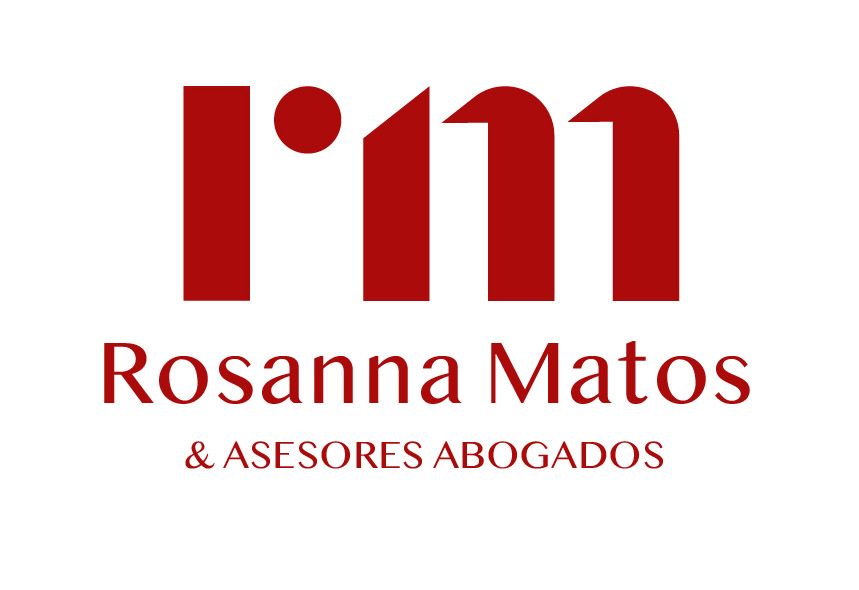
Rules and regulations of the tourist sector in the DR
The tourism sector in the Dominican Republic is governed by an Organic Tourism Law, number 541, which designates the Ministry of Tourism as the official body in charge of planning and directing the State’s public policies regarding the organization and development of the industry in the country.
This Law constitutes the legal framework that organizes, coordinates and regulates the tourist services that promote the related activities of the sector, ensuring the control, surveillance and supervision of the sector that offers tourist services in the national territory.
Among the regulations that the Ministry of Tourism of the Dominican Republic supervises we have:
- Regulatory Regulation No. 2115 on the Operation of Hotel Establishments.
To start operations, lodging establishments require on a mandatory basis, obtaining an authorization or operating license issued by the Ministry of Tourism, after submitting the necessary documents and paying the corresponding fees. Said authorizations will be valid for one year and will be subject to regularly adjustable rates by the authorities, which may be renewed annually based on the hotel’s rating criteria, its infrastructure and the services offered. - Regulation No. 2123 for gift shops.
Regulates the effective registration of “commercial establishments that are dedicated to the sale of typical or craft genre gift items and any commercial entity whose sale is primarily intended for tourists, as long as they meet the requirements for these purposes”. In addition, the Decree No. 813-03 establishes that the Minister of Tourism is in charge of creating shopping areas for foreign tourists who visit the country on organized tours, either by sea or land throughout the national territory. The creation or installation of new gift shops must be authorized by the Ministry of Tourism, after the interested parties meet and fulfill the requirements for the installation and operation of stores. - Regulation No. 2116 of Classification and Rules for Restaurants.
It is complemented by Resolution 816-03, which institutes the Classification Regulations and Rules for Restaurants, which constitute the legal framework that organizes, coordinates and regulates tourist services that promote activities related to restaurants and places where food and drinks are served. In this sense, the Regulations consider as restaurants “those service establishments that habitually or professionally serve the general public with food and beverages, to consume in the same premises for a certain price.” The Classification Committee created by Regulation No. 2116 of Classification and Rules for Restaurants of July 13, 1984, is the body that has the powers and competence necessary to classify and regulate hotel establishments. This Classification Committee will examine the request for opening and classification, and will grant by resolution, the authorization and provisional category of the establishment, according to its facilities and services. - Regulation of Travel Agencies and Tourism Operators.
It is Regulation No. 2122, modified by Resolution No. 815-03, which confers the functions of authorization, registration, control and supervision of the people and companies that offer or operate the tourist services of travel agencies. The Organic Law No. 541 of 1969 defines travel agencies as “commercial companies created by individuals and organized for the purpose of providing services to tourists or travelers for remuneration.” The regulation classifies travel agencies into: (i) wholesale travel agencies; (ii) travel agencies for reservations and tickets; and (iii) tourism operator agencies, which can be inbound and outbound tourism or local or domestic tourism. - Regulation of Tourist Ground Passenger Transportation.
The Regulation No. 2118 of July 13, 1984, establishes certain requirements in order to ensure the correct condition and operation of vehicles and terminals that serve tourist transport. This regulation establishes the requirements to offer the service of tourist ground passenger transportation in airports, terminals and hotels, which are: a) maintain its mechanical operation, hygiene, internal and external appearance in optimal conditions, b) preserve the safety measures and speed indicators, fuel, temperature, working in perfect condition; c) comfort, identification and capacity of each unit; and d) have a set of tires in perfect condition, including the spare one. - About Casinos and gambling.
The Law No. 351 on Gambling Rooms of August 8, 1964, and its amendments regulate the start-up, regulation and operation of casinos and gambling halls, considering them as an integral complement to the strengthening and diversification of the national tourist offer, as well as a way to contribute with the entry of funds for the State. The Law No. 351 establishes: (i) the procedures and requirements necessary to grant licenses; (ii) the tax regulations in relation to casinos; the Law No. 24-98, which modifies Article 14 of Law No. 351 of 1964, modified in turn by Law 405 of March 8, 1969, and later by Laws Nos. 29-06 and 139-11, charges with a single tax the operation of legally established casinos, based on their geographical location and the number of operating tables; (iii) it commissions the Ministry of Tourism to supervise these places, and (iv) it subjects casino collections to a single tax based on their geographic location and the number of tables in operation. Applications for licenses for the establishment of casinos in first-class hotels are submitted to the Ministry of Finance.
